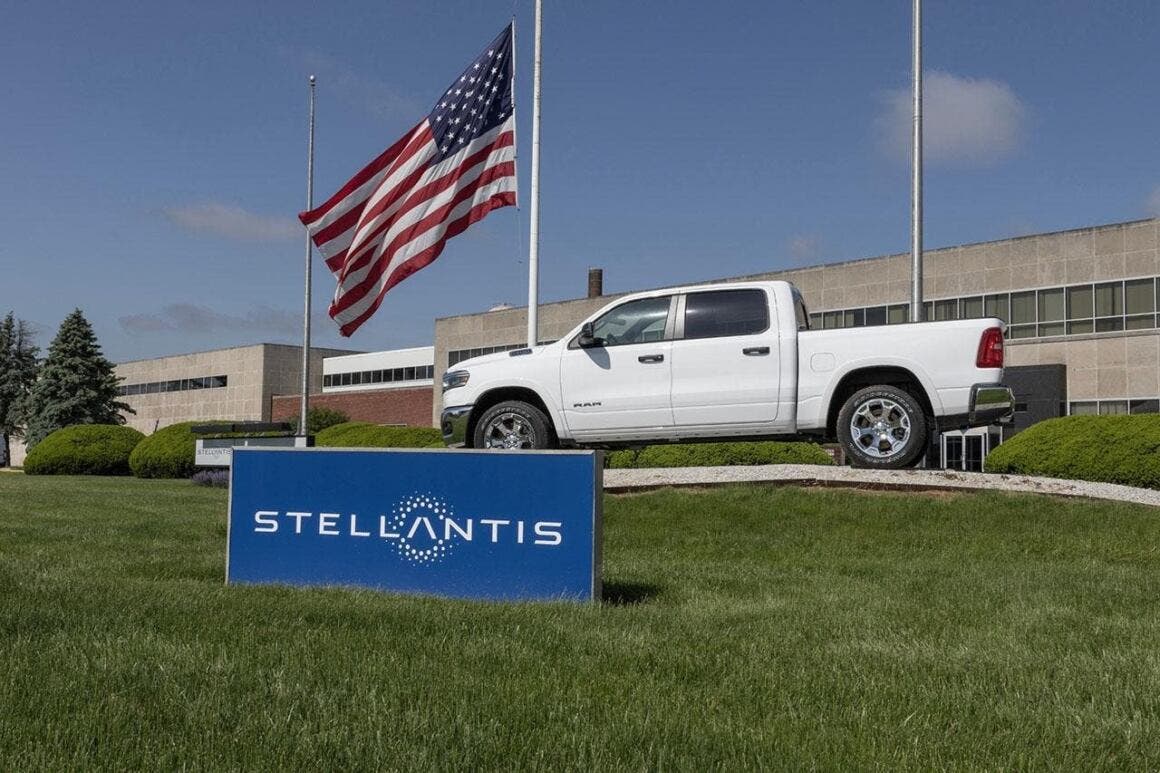Stellantis is facing a significant challenge in the U.S. market, where its brands are failing to fully meet consumer expectations. The American Customer Satisfaction Index (ACSI), a major survey of nearly 10,000 motorists conducted between July 2024 and June 2025, revealed a troubling decline.
Stellantis: Chrysler, Dodge, Jeep and Ram last in the rankings
Despite the group’s efforts to balance tradition and modernity, historic brands such as Chrysler, Dodge, Jeep and Ram ranked among the last in the rankings. With an average score of only 71 out of 100, Stellantis must regain the trust and loyalty of its U.S. customers to turn things around. This result highlights the need for action aimed at improving the ownership experience and perception of the quality offered by the group’s brands.
This year’s American Customer Satisfaction Index (ACSI) revealed a significant decline in satisfaction with the Stellantis Group’s American brands.
This result is particularly relevant given that the ACSI measures crucial aspects for shoppers, such as perceived quality, value for money, and the degree to which expectations are met. The data indicate that despite investments to revamp the range, U.S. Stellantis brands face significant challenges in regaining public trust and satisfaction.

Of greatest concern was the performance of Ram. While last year the brand ranked in the middle of the rankings, on par with Nissan, this year it slipped to last place with a score of 69, marking the steepest drop recorded in a single year by any brand included in the survey. No other automaker has suffered such a marked slump. The reason for this decline is not hard to pinpoint: Ram’s product strategy has appeared inconsistent, culminating in the discontinuation of production of the affordable Ram 1500 Classic model last October.
In the face of recent delays in electric and hybrid versions, Ram has postponed the release of its two highly anticipated pickups: the all-electric Ram 1500 REV slips to 2027, while the range-extended Ram 1500 Ramcharger will arrive in the first half of 2026. These delays extend the wait for both customers and dealers who want the new electrified models.
To compensate, Ram is reintroducing the famous HEMI 5.7-liter V8 engine, this time with a mild-hybrid eTorque system. This choice is intended to maintain the interest of mainstream buyers while waiting for the electrified range to finally be ready.
Growing customer dissatisfaction highlights a significant problem for Stellantis, which is struggling to align its product strategy with what consumers want: reliability, consistency, and a clear vision for the future. Communication management, characterized by conflicting messages, delays, and sudden project cancellations, has contributed to a negative bottom line, with a $2.7 billion loss recorded in the first half of 2025.
To turn things around, the group has launched a series of initiatives aimed at rebuilding public trust. Ram rejoins the NASCAR championship and offers an extended warranty on engines and transmissions. Dodge focuses on relaunch with new Durango HEMI and Charger Sixpack models. Jeep expands its lineup with hybrid and electric proposals, including the Cherokee and Recon. Finally, Chrysler is preparing to launch a new crossover on the STLA Large platform, an updated version of the Pacifica, and a future large sedan.
